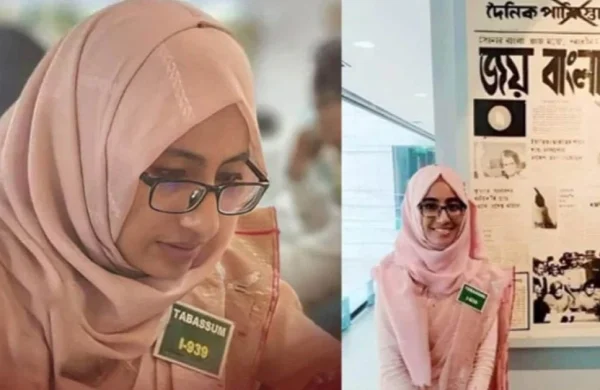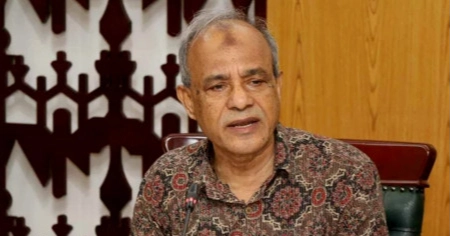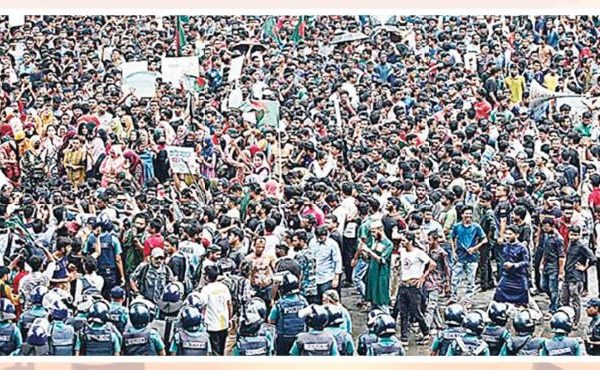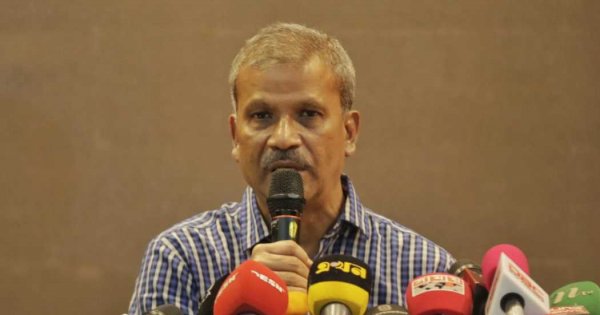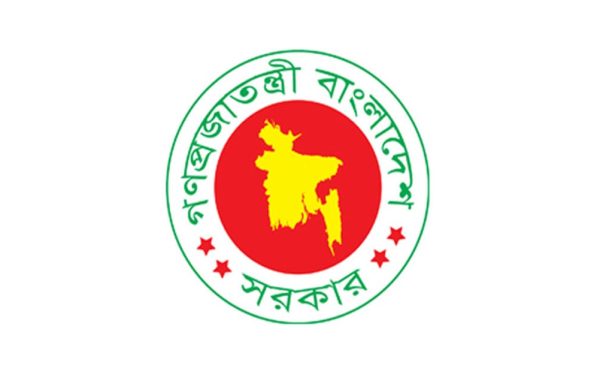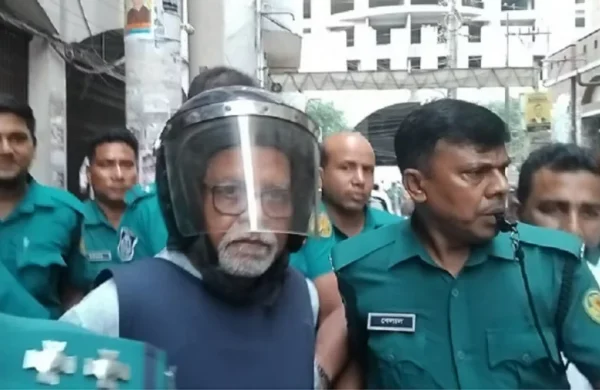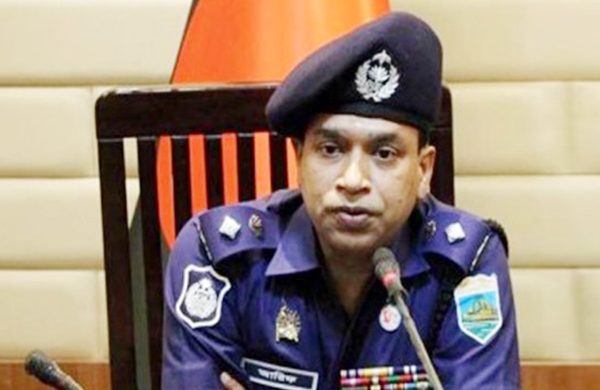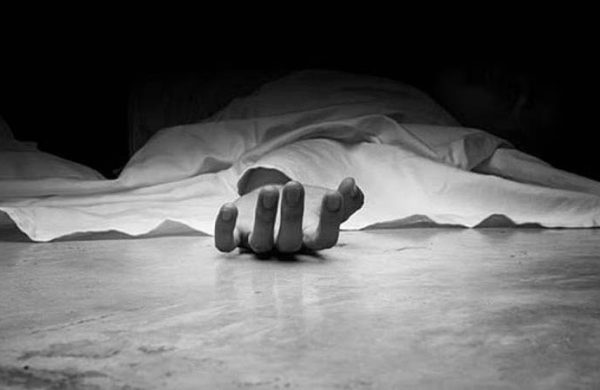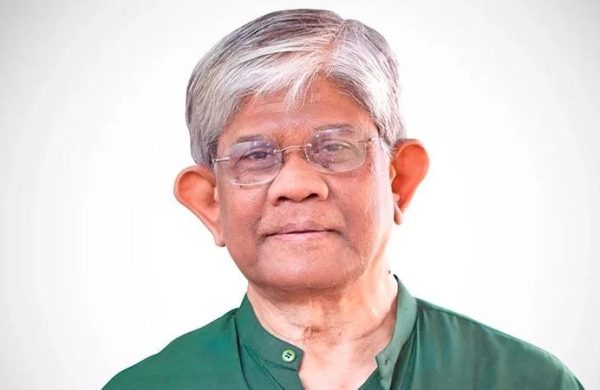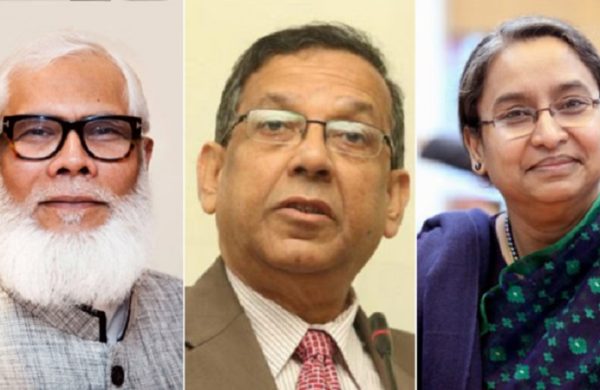86pc people seek national elections under non-party govt
- Update Time : Wednesday, February 12, 2025
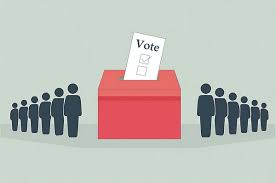
Staff Correspondent:
As many as 86 per cent of people in the country think parliamentary elections should be held under a non-party government while a very few of them support a proportional electoral system. Most of the people want reserved seats from women in parliament with a direct voting system.
This was found in a survey, the National Public Opinion Survey on Constitutional Reform-2024, conducted by the Bangladesh Bureau of Statistics (BBS) on behalf of the Constitutional Reform Commission.
The survey results were published along with the Commission report.
The BBS interviewed people aged between 18 and 75 at households in 64 districts in the country between 5 and 10 December 2024 for the survey.
The commission said data was collected from 45,925 households through sampling and a respondent was selected among family members aged 18 to 75 through the Kish Grid method.
Responses were collected from the selected individuals through specific questionnaires, and thus, 45,925 people participated in the survey.
The commission further said they also collected opinions of various stakeholders, but they decided to conduct the survey to reflect the opinions of people from all strata.
Regarding the election-time government, 86 per cent of respondents said elections should be conducted under the non-party government while six per cent opined for the partisan government, a little over 6 per cent said they are not aware of it and 2 per cent of the respondent declined answering.
All the elections that were held under a caretaker government were credible since democracy was restored in Bangladesh in 1991. But the Appellate Division of the Supreme Court declared the 13th amendment of constitution on caretaker government system void in 2011.
The Awami League government then amended the constitution and cancelled the caretaker government system.
Three national elections were held under the Awami League governments in 2014, 2018 and 2024 and those were one-sided, rigged and farce.
The July mass-uprising ousted the Awami League government on 5 August, followed by the formation of the interim government on 8 August.
The High Court on 18 December cancelled two articles of the 15th amendment of the constitution on abolishing the caretaker government system, saying that those articles contradict the constitution.
Talks are making a round at the country’s political domain on the inclusion of articles on elections under neutral governments in future. The constitution reform commission also recommended including an interim government system in the constitution.
PRIME MINISTER FOR 2 TERMS
Regarding the check and balance on the power of the president and prime minister, 37 per cent of respondents opined handing power to the president while 45 per cent said the prime minister should exercise it.
As many as 64 per cent of respondents supported a maximum two terms for prime minister, 10 per cent opposed it and 15 per cent thought there is no need to fix the term for prime minister.
Some 49 per cent of respondents think an individual should not hold the positions of the prime minister and the head of the ruling party simultaneously while 37 per cent opined a person can hold both positions at the same time.


